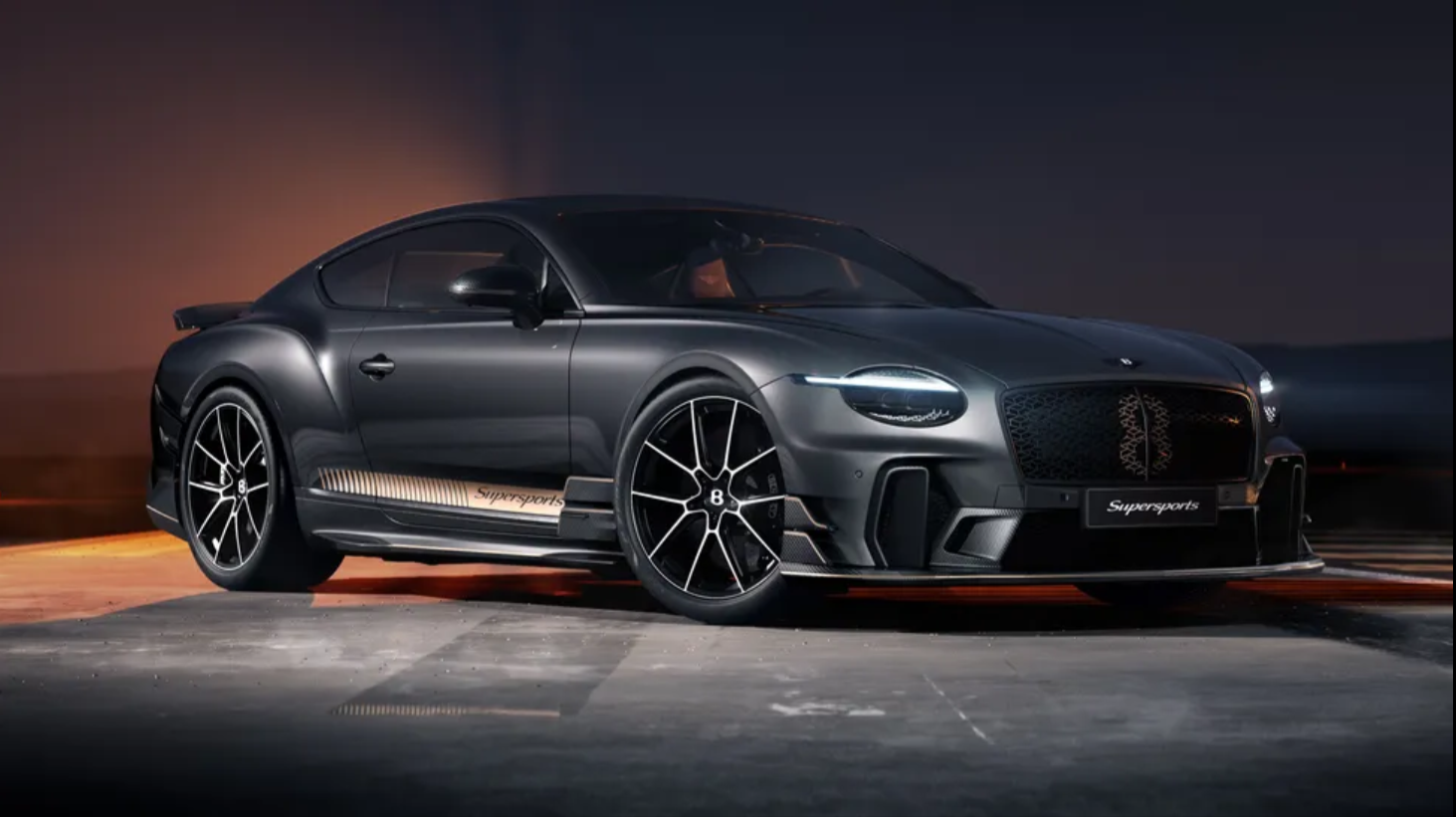It'll be limited to 25 examples. It wasn't part of McLaren's long-term plan, having begun as a virtual car for Gran Turismo. But then McLaren found a way to build it, albeit without the head-first prone driving position, or the turbo-hybrid 4WD. Instead it has a V10 naturally aspirated screamer originally designed by Judd for endurance racing.
The 750S V8 supercar, a thorough re-work of the 720S, will be in buyers' hands this autumn.
And about 500 examples of the Artura V6 hybrid are now out of the factory door, but production isn't yet at full speed, Leiters admits, because he wants to be sure quality is spot-on.
The Artura was a particularly painful experience. Its complex zonal ethernet electrical architecture is a world first, and it caused big delays. McLaren's technical chief Charles Sanderson, a software specialist recently returned to Woking after four years as chief engineer at Rivian, says the other manufacturers using similar architectures are having similar pain. Besides, says Leiters, the Artura was held up by being developed in the pandemic, and the supply problems that followed.
The Artura delay wasn't McLaren's only woe. In the latter years pre-pandemic, they'd pushed too many cars out the door, and so residual values fell. That spooked existing owners, and pushed up lease prices which sapped new orders (even supercars are mostly bought on finance). "One of the positive things about Covid was we cleaned up supply," says Leiters. There aren't too many unsold cars lying around at dealers now. "And the Artura makes a good margin."
But with the delay to the Artura killing income after the pandemic, McLaren Cars has been in a financial hole. The money people have been working on getting more investment from the shareholders, and the claim is they're just at the i-dotting and t-crossing stage, but not ready to announce the details yet.
"The money is for our long term. It's not just about the crisis we've had," says Leiters. "The shareholders are excited and committed. They have huge belief."
OK, so what about the long-term? In the past, McLaren has refused to countenance anything other than supercars. Hasn't Leiters, though, been considering an SUV? I'm quickly corrected: the term he's coined is 'shared performance vehicle'. "It means something for more than two people with more than two doors."
But if he's got the terminology, he doesn't have much more detail and it's not top of the priorities. "We have to get the supercars profitable first; that's the core business."
OK, but does he have clues about the shared performance car? "The further we go from our core, the more investment it needs. And we haven't yet made a decision on any extension to our existing segments." Translation from industry gobbledegook: 'Partly because it's expensive to do, we don't yet know what - if any - sort of car we'll make beyond supercars.'
He continues that because they haven't started development yet, "the shared performance vehicle wouldn't be before 2028". Because it can't share its tub or suspension with McLaren's supercars, he doesn't rule out sharing parts with other car makers. "But it must be credible, a real McLaren."
What about full-electric drive? "I say electric drive isn't yet mature for a supercar. It's a good opportunity in other segments [the shared performance vehicle perhaps]. I don't want a two-tonne 2,000 horsepower car – that's not a supercar. McLaren is about light weight. Any electric supercar must have the range and power-to-weight ratio of today's petrol ones. But we will have hybrid on 90 per cent of our cars in five years."
In the meantime, his aim is to have a range of supercars more different from one another than McLarens have been so far. The 750S is a V8, the Artura a V6 PHEV, and the GT successor – he confirms there will be one – will look more different, "so a layman can see first that it's a McLaren and second it will have more usability and space and ride comfort, but we will maintain its performance".
But he says McLaren won't sell cars with lower performance or price than now. "We won't go below about £200,000." Is there a performance race with rivals? "Of course it's a competition – we have racing DNA. But it's not just power. The biggest thing for sports cars is weight."






.jpg)


.jpeg)

.jpeg)
.jpeg)

